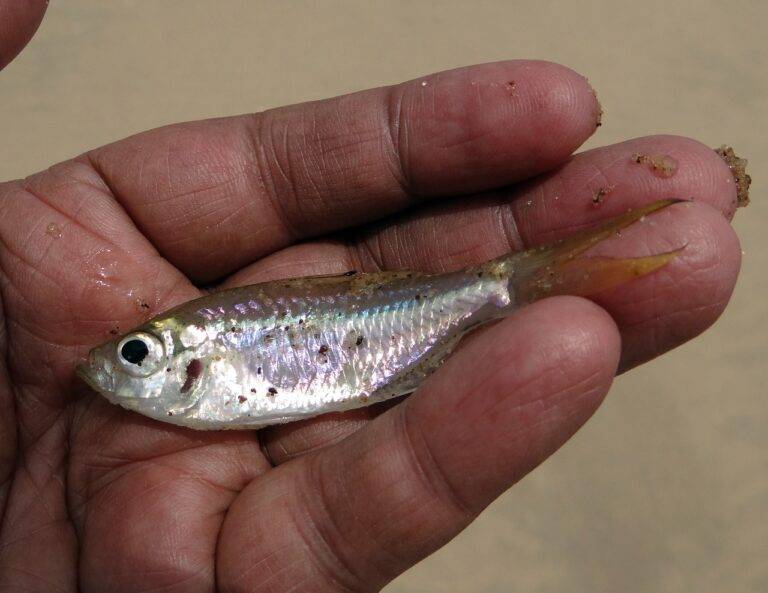The Role of Political Action Committees in Voter Persuasion
Political Action Committees (PACs) are organizations formed to raise and spend money to support or oppose political candidates, ballot initiatives, or legislation. PACs can be connected to corporations, labor unions, industry groups, or other special interest groups. They are an integral part of the American political landscape, contributing significant sums to election campaigns to influence the outcome in favor of their interests.
PACs are regulated by the Federal Election Commission (FEC) and are subject to disclosure rules regarding their finances and expenditures. These organizations can donate a limited amount of money directly to candidates’ campaigns, known as hard money, and can also spend unlimited amounts on independent expenditures advocating for the election or defeat of a candidate. PACs play a crucial role in shaping the political debate and election outcomes through their financial support and advocacy efforts.
The Influence of PACs on Political Campaigns
Political Action Committees (PACs) play a pivotal role in shaping the landscape of political campaigns. By pooling together financial contributions from individuals, corporations, and unions, PACs have the ability to wield significant influence over the electoral process. Their ability to donate funds to candidates and run independent expenditure campaigns makes them key players in shaping public opinion and swaying election outcomes.
The substantial financial resources at the disposal of PACs enable them to amplify the voices of interest groups and support candidates who align with their agendas. This financial backing can significantly impact the success of campaigns by funding advertisements, organizing events, and mobilizing voters. As such, the influence of PACs on political campaigns has sparked debates over issues of campaign finance reform and the perceived imbalance of power between well-funded special interest groups and grassroots movements.
What are Political Action Committees (PACs)?
Political Action Committees, or PACs, are organizations that raise and spend money to elect or defeat political candidates. They can support candidates through donations, independent expenditures, or other political activities.
How do PACs influence political campaigns?
PACs can have a significant influence on political campaigns by providing financial support to candidates. This money can be used for advertising, campaign events, and other expenses. PACs can also help candidates by running independent expenditure campaigns on their behalf.
Are there any limits on the amount of money PACs can contribute to political campaigns?
Yes, there are limits on the amount of money PACs can contribute to political campaigns. These limits vary depending on the type of PAC and the election cycle. For example, PACs can only contribute a certain amount of money to a candidate per election.
Are PACs required to disclose their donors?
Yes, PACs are required to disclose their donors. This transparency helps to ensure that the public knows who is funding political campaigns and can hold candidates accountable for their support.
Can individuals donate directly to PACs?
Yes, individuals can donate directly to PACs. These donations can be used to support the PAC’s political activities, including contributions to candidates and independent expenditures. However, there are limits on how much individuals can donate to PACs.





